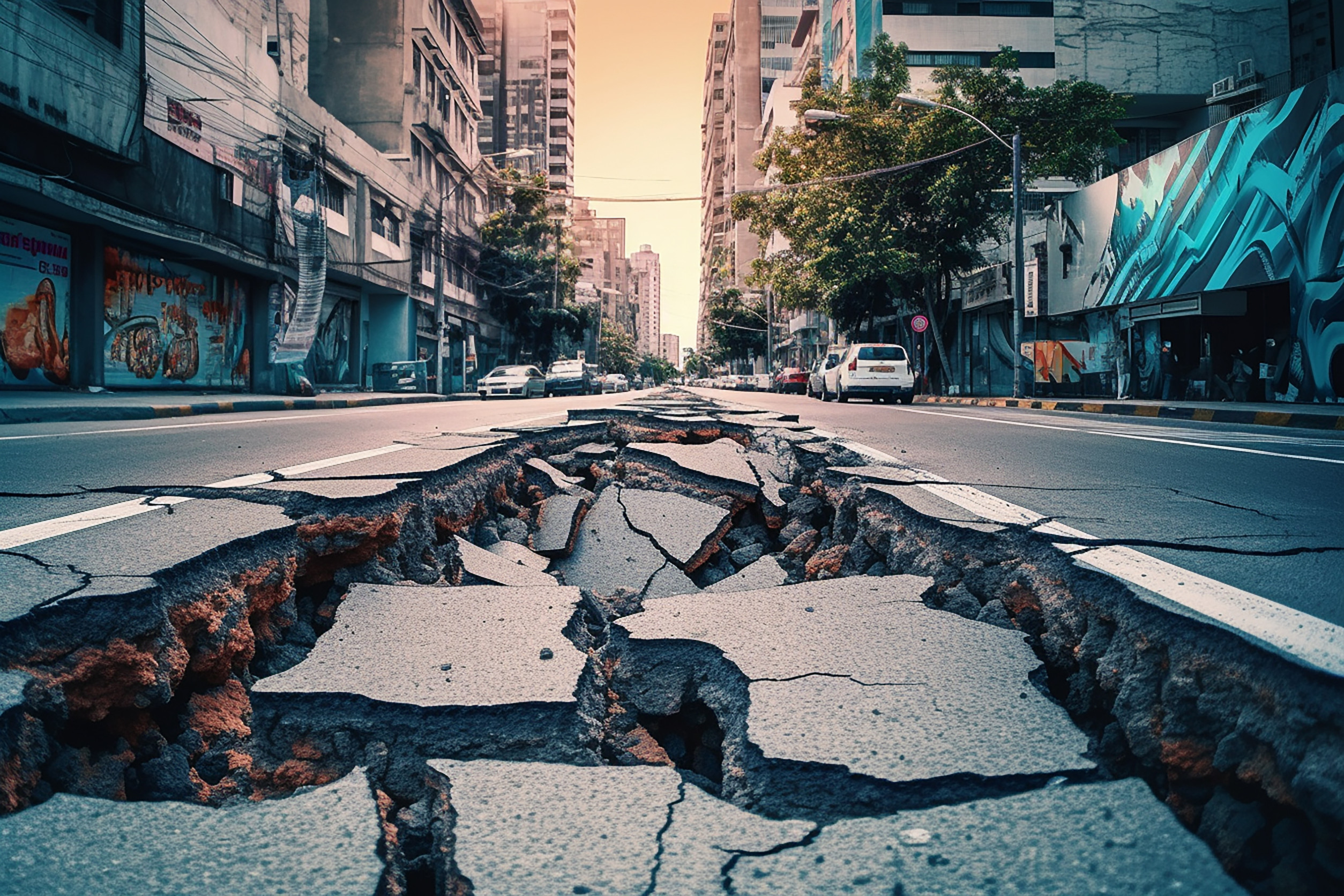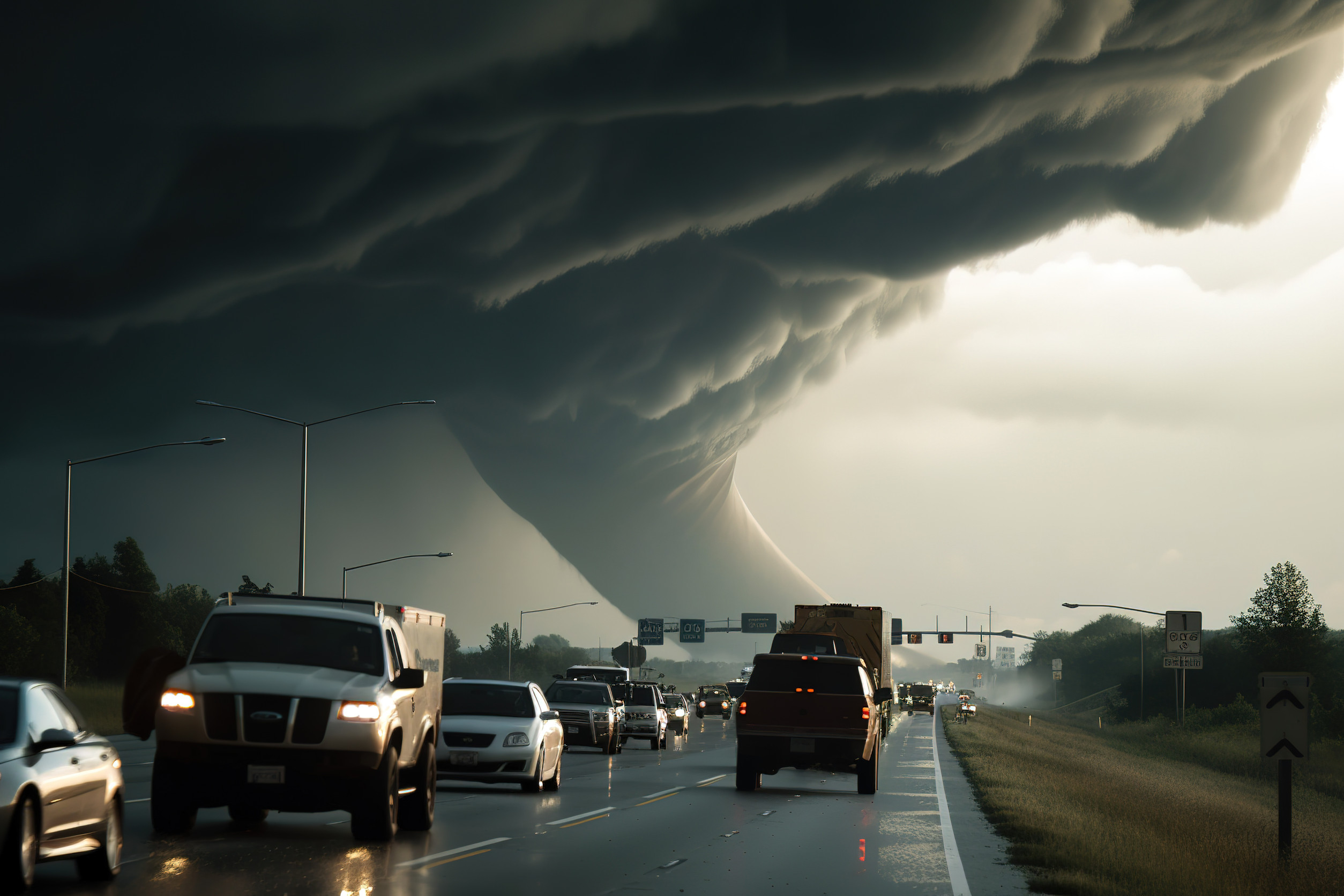Natural disasters strike without warning, and the fallout can be devastating—emotionally, physically, and financially. Insurance policies are supposed to provide a safety net, yet many policyholders are blindsided by fine print. One of the most ambiguous and misunderstood phrases in insurance lingo is “Acts of God.”
It sounds biblical and all-encompassing, but in the world of insurance, it’s a loophole. Hidden behind those three words are numerous exclusions that can leave claimants empty-handed when they need help the most.
1. Earthquakes That Shake More Than Just the Ground
When the ground trembles, it’s not just homes that crack—it’s the illusion of comprehensive coverage. Earthquakes are one of the most commonly excluded events unless a policyholder has explicitly added coverage. Many people assume homeowners or commercial property insurance automatically includes protection against seismic events, but that’s rarely true. Even if minor structural damage occurs, standard policies often deny claims under the “Act of God” clause. The financial aftermath can be staggering, especially in high-risk zones.
2. Floods That Wash Away Your Coverage
Floods are another major event typically shoved under the “Act of God” exclusion umbrella. Most standard policies exclude damage from surface water, overflowing rivers, and storm surges. Policyholders must purchase separate flood insurance, usually through government programs or specialized providers. After hurricanes or heavy rains, many discover too late that water damage isn’t covered. This exclusion leaves countless homeowners struggling to recover without financial assistance.
3. Wildfires Fueled by Nature, Denied by Insurers
While fire is usually covered, wildfires often get murky when tied to natural ignition sources. Insurers may categorize wildfires caused by lightning or drought-fueled conditions as “Acts of God” and limit or deny claims. Additionally, if the property is in a high-risk area or a designated wildfire zone, the insurer may insert more stringent exclusions. Some policies require very specific endorsements to include wildfire protection. The result is that entire communities can be left out in the cold after the flames die down.
4. Hurricanes That Blow Holes in Your Policy
Hurricanes are infamous for exposing insurance gaps in coastal regions. Damage from wind might be partially covered, but storm surge and flooding are often excluded under the “Act of God” label. Policies in hurricane-prone areas frequently come with separate deductibles that can be staggeringly high. Even if coverage exists, it might kick in only after significant out-of-pocket expenses. This selective protection turns what looks like a comprehensive policy into a patchwork of limitations.
5. Lightning Strikes That Leave You in the Dark
Lightning is a textbook “Act of God,” yet that label can complicate claims for power surges or fire damage. Some insurers will cover direct hits but deny coverage for secondary effects like fried electronics or scorched wiring. Policyholders often find themselves caught in a game of technicalities. If lightning-induced damage can’t be clearly proven, the claim might be tossed out entirely. This exclusion quietly undermines what many believe is basic property protection.
6. Volcanic Eruptions Buried in Legal Smoke
Volcanic eruptions are rare but catastrophic when they occur, and insurance coverage for them is even rarer. Many policies exclude ash damage, lava flow, or air quality impacts under the “Act of God” umbrella. Some insurers only cover initial impact damage, not the lingering aftermath, like roof collapse from ash weight. Homeowners near dormant volcanoes often assume they’re safe, not realizing their policies might exclude such extreme natural phenomena. When the mountain blows, so does any false sense of financial security.
7. Tornadoes That Twist the Rules
Tornadoes might seem like obvious candidates for insurance claims, but coverage can be selective. In certain regions, insurers use “Act of God” language to avoid paying for damage when storms don’t fit exact parameters. For example, if a tornado isn’t officially confirmed by weather services, the claim could be denied. Some policies also limit coverage based on wind speed or structural integrity before the event. It’s a dangerous gamble when nature doesn’t follow paperwork protocol.
8. Sinkholes That Swallow More Than Land
Sinkholes open up suddenly and with terrifying force, but standard insurance policies often leave that kind of damage uncovered. Unless a policy explicitly includes earth movement, sinkholes fall into the realm of excluded “Acts of God.” In states where sinkholes are more common, some insurers offer optional add-ons, but these can be pricey. Without this coverage, a swallowed foundation or collapsed driveway could mean financial ruin. This is one of the more obscure exclusions that surprises many homeowners too late.
9. Hailstorms That Break More Than Windows
Hail might not sound as destructive as hurricanes or floods, but it causes billions in property damage each year. Despite this, coverage for hail damage can be reduced or eliminated depending on location and policy terms. Insurers in hail-prone regions often shift the burden back onto the homeowner through high deductibles or specific exclusions. The “Act of God” clause can be used to avoid paying out if hail is deemed part of a broader natural disaster. It’s a hidden trap that punishes those hit hardest.
10. Landslides That Drag Coverage Downhill
Landslides, mudflows, and earth movement are frequently listed as uncovered natural events. Even when triggered by heavy rain or earthquakes, they’re often separated out from related covered events. Insurers argue these movements fall under the umbrella of “Acts of God” and require additional endorsements. Homeowners living on slopes or near cliffs are especially at risk without realizing it. The fine print makes it clear—once the earth moves, the coverage often vanishes.
Read the Fine Print Before Nature Strikes
The phrase “Acts of God” sounds like it covers everything nature can throw at a person, but in the insurance world, it often means the opposite. Behind those three vague words hide a maze of exclusions that can gut a policy’s value just when it’s needed most. From floods to wildfires to landslides, many disasters aren’t covered unless the right add-ons are in place. It’s not enough to assume protection—policyholders must verify every detail.
What are your thoughts on these hidden exclusions? Share your experiences or ask a question in the comments.
Read More
10 Towns That Have Had More Natural Disasters Than Anywhere Else in The World
The $15 Mistake That Can Delay Your Life Insurance Payout for Months


